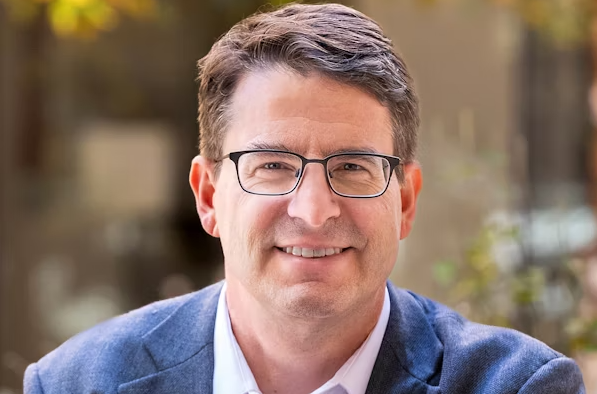Research Focus
The Aquatic Chemistry Laboratory is focused on chemical reactions that affect the fate and transport of heavy metals, radionuclides, and other inorganic constituents in natural and engineered aquatic systems. Major research themes in the group are (1) drinking water treatment and supply and (2) environmental geochemistry of soil and groundwater. A summer undergraduate research project is available to investigate effective strategies for minimizing lead release from legacy plumbing materials during the introduction of advanced treated water. Growing water demand has led to the expanded use of advanced treated water, which includes potable reuse of treated wastewater and seawater desalination. When introduced into legacy water distribution and plumbing systems, advanced treated water can alter overall water chemistry. Lead, a potent neurotoxin, can enter drinking water from lead service lines and lead-containing plumbing materials such as solder. Previous studies by our group have shown that introducing advanced treated water has the potential to increase lead release into drinking water. In this project, the student will work as part of a research team to conduct bench-scale pipe loop experiments aimed at developing and testing strategies to mitigate lead release from copper pipes joined with lead-based solders. The student will prepare synthetic waters and collect samples at various time points to monitor changes in lead and other metal concentrations.
Skills, Techniques, Methods
Students conducting research in the Aquatic Chemistry Laboratory will:
• design and perform bench-scale experiments
• conduct quantitative analysis of trace elements and measure other water chemistry parameters
• process and interpret data generated in experiments
• communicate the research process results in both oral and written formats
Research Conditions
The research is laboratory-based and will involve experiments at the laboratory bench and associated office- and library-based work on data analysis, review of the literature, and preparation of written communications. Participating students will complete both general and laboratory-specific safety training. Anticipated allocations of time will be about 50% in the laboratory and 50% on office- and library-based tasks with much of that time working at a computer.
Team Structure and Opportunities
Our research team includes doctoral students and undergraduate students. Undergraduate students work closely with one of the doctoral students as their daily point-of-contact. Undergraduate students meet at least weekly with Daniel Giammar. The full Aquatic Chemistry Laboratory group has a weekly research group meeting, and the participating undergraduate students will give a presentation in this meeting near the end of their research experience.
Requirements
Completion of General Chemistry I and II

Daniel Giammar
giammar@wustl.edu